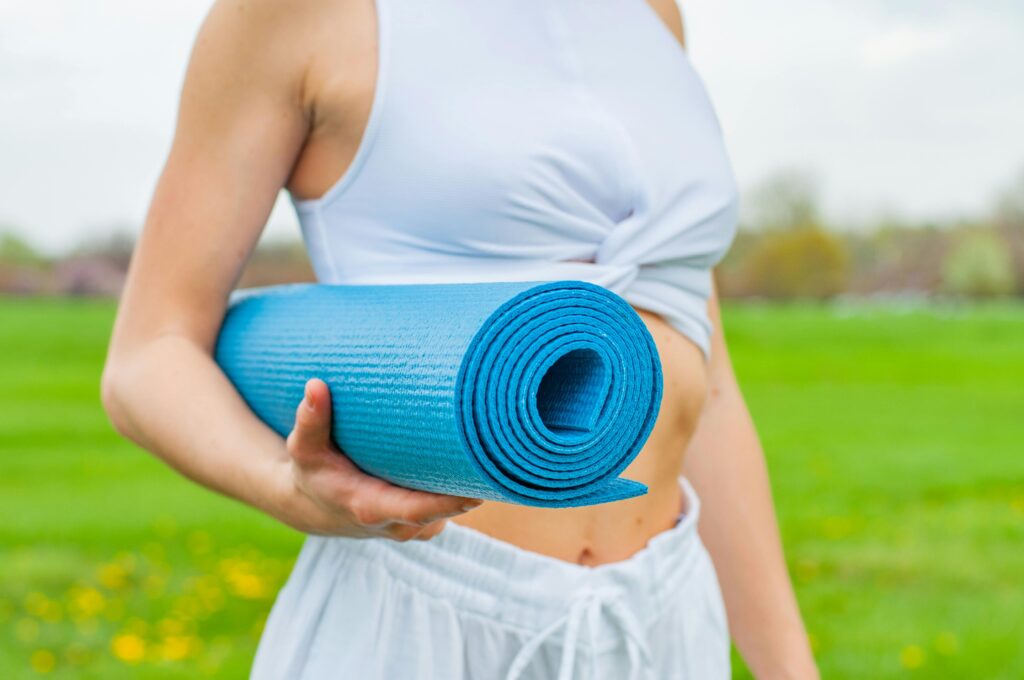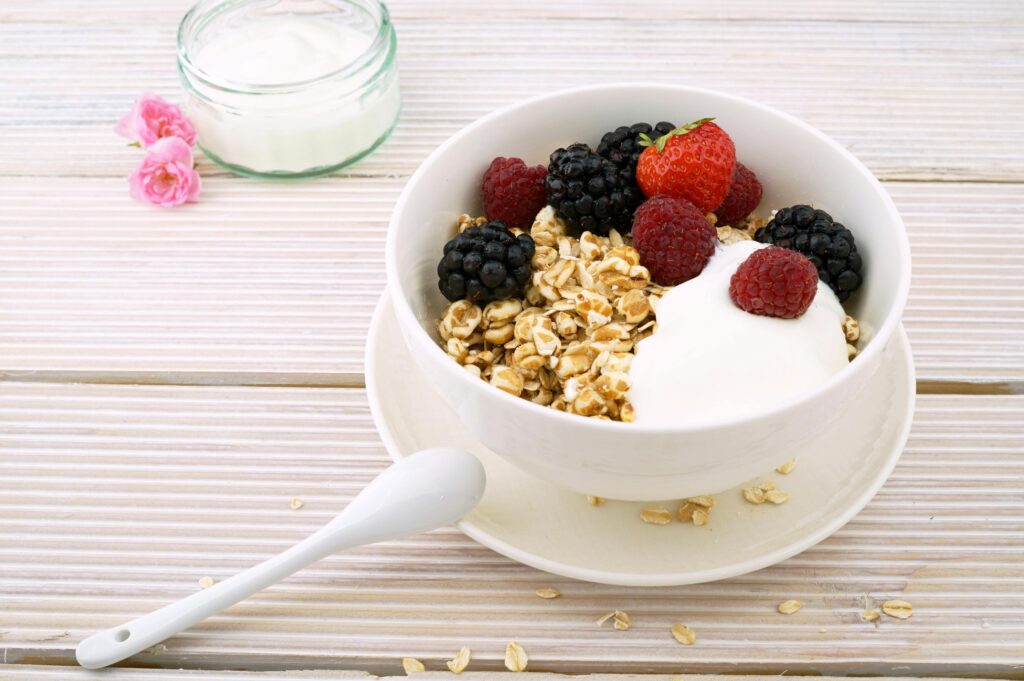When it comes to varicose veins, prevention is just as important as treatment. Adopting healthy daily habits—including what you eat and how you move—can play a powerful role in supporting circulation and keeping your veins strong for the long term.
In this guide, we’ll explore the best lifestyle habits and foods to help protect your vascular health and reduce your risk of developing varicose veins.
Why Lifestyle and Nutrition Matter for Vein Health
Your veins carry blood back to the heart against gravity—especially in your legs. When circulation slows or vein walls weaken, blood can pool and lead to varicose veins.
Genetics play a role, but poor diet, lack of movement, and prolonged sitting or standing can speed up the problem. The good news? Small changes in your routine can have a big impact.
Top Daily Habits to Promote Healthy Circulation
1. Stay Active Every Day

Exercise boosts blood flow and strengthens calf muscles, which help push blood upward through your legs.
- Best choices: walking, swimming, cycling, or yoga
- Avoid sitting or standing for long hours—take breaks to move
👉 Read more: How to Reduce Leg Swelling and Water Retention Naturally
2. Elevate Your Legs
At the end of the day, elevate your legs above heart level for 15–20 minutes to reduce pressure and swelling.
3. Avoid Tight Clothing
Skin-tight jeans or waistbands can restrict blood flow. Choose looser, breathable fabrics when possible.
4. Maintain a Healthy Weight
Excess weight puts pressure on your veins, especially in the legs and abdomen. Losing even a small amount can relieve strain and improve circulation.
Foods That Support Vein Strength and Circulation
1. High-Fiber Foods

Constipation increases abdominal pressure, which affects your veins. Eat fiber-rich foods like:
- Oats
- Chia seeds
- Beans
- Leafy greens
2. Antioxidant-Rich Fruits and Veggies
These help reduce inflammation and support blood vessel health:
- Berries (especially blueberries)
- Oranges and citrus fruits
- Bell peppers
- Broccoli
3. Foods Rich in Flavonoids
Flavonoids improve circulation and help protect vein walls. Look for:
- Dark chocolate (70%+)
- Apples
- Onions
- Green tea
4. Omega-3 Fatty Acids
Found in fatty fish (like salmon and sardines), walnuts, and flaxseeds—great for reducing inflammation and improving blood flow.
What to Limit or Avoid
- Excess salt: Contributes to water retention and swelling
- Sugary foods: Increase inflammation
- Alcohol: Can dilate veins and worsen circulation
- Highly processed foods: Offer little nutritional support for veins
Combine Healthy Habits with Natural Support
While healthy habits lay the foundation, adding a natural supplement can offer additional support for vein health—especially if you already experience heaviness, swelling, or visible veins.
Related Articles to Explore:
- Best Natural Supplements for Varicose Veins and Poor Circulation
- Compression Stockings or Natural Supplements: Which Works Best for Varicose Veins?
- Spider Veins vs. Varicose Veins: Key Differences and Natural Treatment Options